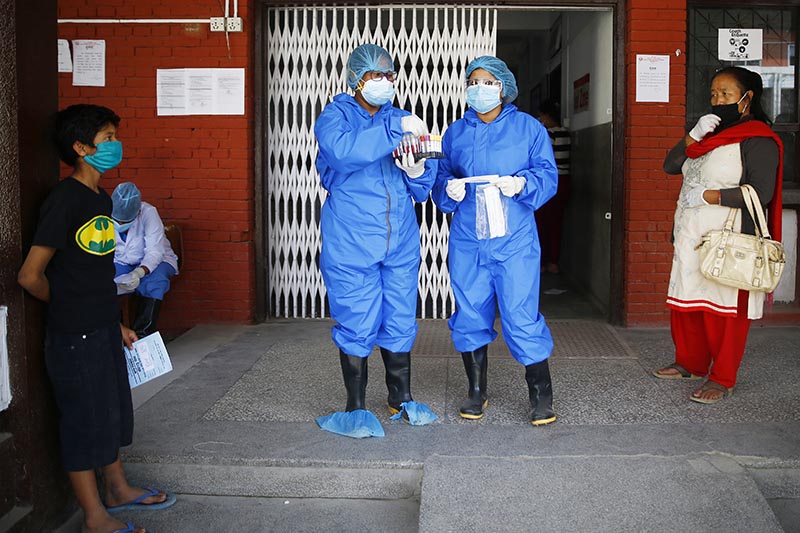Medical education needs booster dose
What is the purpose of medical education, especially in today’s context — when it continues to struggle in the face of the Covid-19 tornado? The answer is simple — medical education must give aspiring physicians and, more importantly, teaching and practicing professionals a sense of meaning. It must also inspire them for a purpose with a pragmatic, yet realistic, optimism. Any individual’s life would seem useful only when the world at large makes evocation. Inference: medical professionals need to be given that template, aside from their effusive, therapeutic purport.
Medical graduates, professionals and specialists, should essentially be accorded a sense of belonging — a feeling of connectivity to a cause without the element of rummaging delineation that belittles their job.
This is primarily because any education which is not worth the scroll it is written upon cannot build communities, or care for them. Worse still, it won’t give any individual a sense of self-worth.
It’s tragic that medical education today lacks independent objective. Not many teachers inspire us anymore. Hence, what is being dished out as medical education, in its essence, is mere reverence and enslavement, not self-worth, or reliance. Result: you’ve a phalanx of fawning attitudes and dependent behaviours that supports hierarchical institutions.
This explains why medical colleges, in their growing numbers, are producing photo, not original, copies.
There’s also a stunning oddity in our new world of rapid and great change. Small wonder that our medical colleges and universities are becoming increasingly inappropriate, just as much as a motley band of apologists continues to tinker around with a system that, in certain settings, is archaic. This isn’t all. We don’t have a ‘scratch-card’ solution to such education-related illnesses yet.
Worse still, we’ve not given medical education the diversity it needs to evolve, grow and expand.
Diversity holds a vital prospect — because, it is multiplicity that heralds discussion. Add to it variance, and you’d stimulate interaction — a balanced framework of mutual understanding, especially when we are yearning for humanistic healthcare. Thus, our medical teaching institutions must be streamlined and kept to a realistic size. They must not be merely regulated as seats of knowledge, but elevated as gateways of continuing medical research that is in conformity with the groundwork of our epoch —optimised teaching and ‘glocal’ learning.






